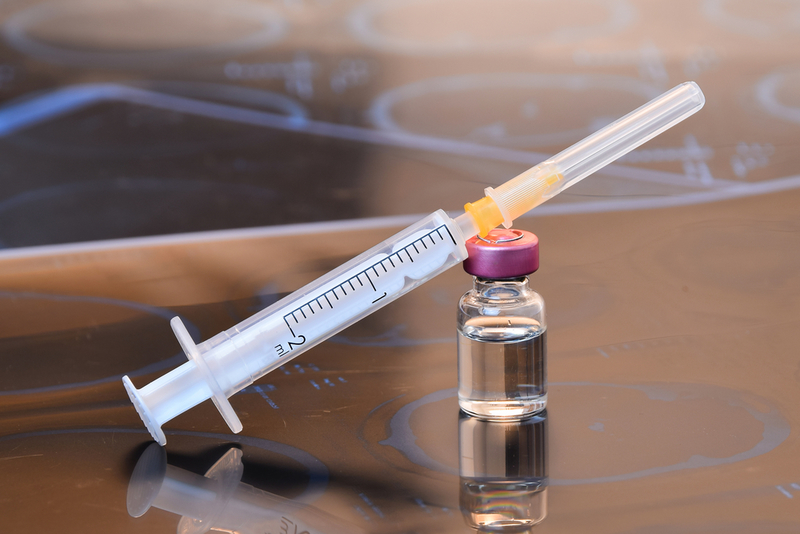



Article by: Hari Yellina
To combat the spread of Japanese encephalitis, the central government will invest $69 million. In Australia, 15 human instances of JEV have been confirmed, with at least two deaths. Vaccines and mosquito management measures will be the centerpiece of the government’s emergency response. The government will spend over $30 million to purchase additional vaccines from around the world, which will amount to around 130,000 doses. Those immunizations should be ready in late March or early April. Should a JEV outbreak occur, the government had an emergency stockpile of its own vaccines, which had been depleted before being replenished in Korea.
The increased vaccine supply, according to Health Minister Greg Hunt, will be “distributed equally” to states and territories. Experts have prioritised persons with direct exposure or near vicinity to pigs and mosquitoes, as well as those with high-level occupational exposures in danger locations, according to Mr Hunt. If the disease continues to worsen, it has been suggested that all outside workers, including farmers, be vaccinated. Imojev (Sanofi-Aventis Australia) and JEspect (Sanofi-Aventis Australia) are the two human JEV vaccines available in Australia (Seqirus). Imojev is a single-dose vaccine that allows for widespread usage and quick vaccination; nevertheless, it is not recommended for pregnant women or persons who have recently experienced a significant illness.
JEspect is a two-dose vaccine that is acceptable for the majority of persons who are unable to receive the Imojev vaccine. The priority immunisation campaign is being coordinated and implemented by state and territory public health departments, with the first vaccinations already underway. Mosquito trapping and management are being carried out at all afflicted piggeries, according to Agriculture Minister David Littleproud, with movement restrictions in place for properties in Victoria, Queensland, New South Wales, and South Australia. Mr Littleproud explained, “JEV is a mosquito-borne viral disease that can cause reproductive losses in pigs and, in some cases, encephalitis in horses.” Pork meat or pork products manufactured commercially are safe to eat and pose no food safety risks.
“To ensure a rapid and coordinated response, our agencies are working extremely closely with their state government counterparts and affected animal businesses,” Mr Littleproud said. “We’re working with the pig business to put in place mosquito control measures, as well as mosquito capturing and sampling.” To detect and locate infected mosquitoes, birds, pigs—including feral pigs—horses, and humans, a countrywide surveillance plan is being developed. Anyone who works with pigs or horses should be aware of the disease and take precautions to avoid mosquito bites.”